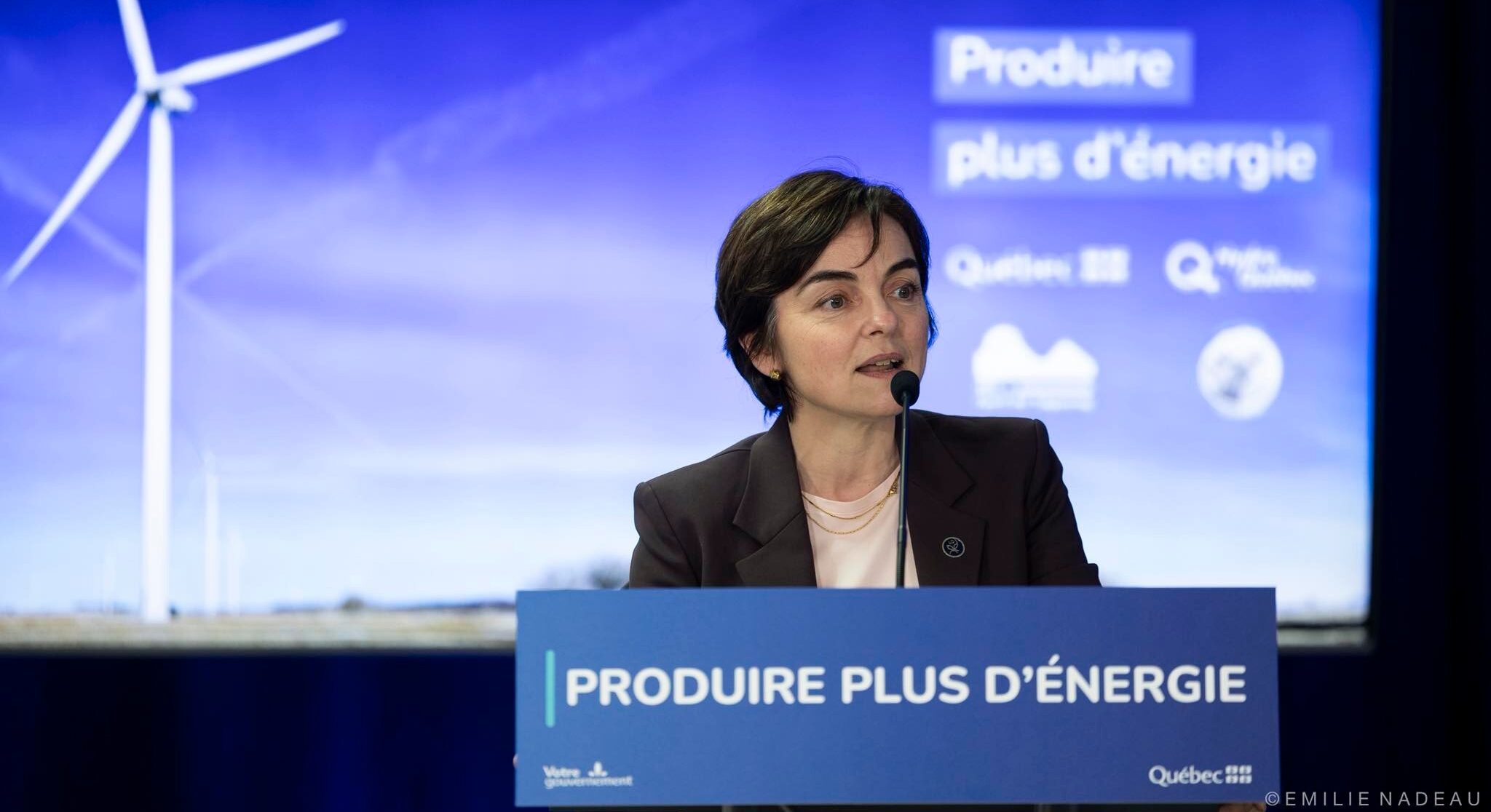A new investment by the Legault government is raising eyebrows: Québec is injecting $500 million into Innergex, a wind energy producer. Yet Hydro-Québec had recently sold 20% of its shares to the Caisse de dépôt et placement du Québec, the province’s public pension fund manager, to avoid a “conflict of interest,” incurring a loss of $214 million in public funds. The CAQ government nonetheless maintains that the operation is “low risk,” that it will support Hydro-Québec’s energy transition, and that it will “protect Québec’s strategic industries.”
Several unions are sounding the alarm. Following the passage under closure of Bill 69 in June (which stripped Hydro-Québec of its monopoly on the production, transmission, and distribution of electricity), the Legault government quietly made one of its largest recent investments, as outsourcing in the energy sector accelerates.
“Why is an investment in a private company shuffled from a Crown corporation to the Caisse de dépôt, only to end up with Investissement Québec, [the government’s own investment agency]?” asked Frédéric Savard, president of the energy sector of CUPE-Québec (Canadian Union of Public Employees), in a press release. “The shares could have stayed with Hydro-Québec, which would have avoided a loss of more than $214 million for taxpayers. We hope Québec’s Auditor General is asking the same questions.”
“Ideally, we would have liked to see the $500 million invested in Hydro-Québec,” he continued. “With the 2035 plan, there are great opportunities to develop other forms of energy, and the staff already in place has the expertise and the capacity to do it internally, ensuring better management of public funds.”
In total, the Caisse de dépôt et placement du Québec has already spent $9 billion to acquire Innergex. The Caisse kept 80% of the shares, then sold the remaining 20% to Swiss investors, to Desjardins, Québec’s largest cooperative bank, to Fondaction, a union-backed investment fund, and to the Ministry of the Economy.
In an interview, the government insisted its investment was “necessary” to “protect Innergex from a hostile takeover bid by outside interests,” even though Québec shareholders already held a majority. Still, which company or companies were behind this supposed hostile bid remains a mystery.

The massive entry of the Caisse de dépôt and the government into Innergex is surprising, especially since Québec has already debated the nationalization of wind energy. In 2007, some political parties even made it an election promise.
Yet the current investment has nothing to do with nationalization: the company is not under state control, let alone public control. It remains in the hands of nominally public investment funds, whose mission is to maximize returns regardless of broader needs. Unlike Hydro-Québec, which must follow government policy directions and respond to economic priorities, Innergex will have no such obligations.
To mark the transaction, Innergex and the Caisse de dépôt arranged for a handful of top executives to dip into public funds and share a $3 million bonus.
As the board of directors put it: “The board approved transaction-related bonuses to certain senior management members and key employees of the company and its subsidiaries, in particular to reward their contribution to the arrangement and the extra work required of them in this regard, and to recognize the role they played in maximizing value in the context of the arrangement.”


Be part of the conversation!
Only subscribers can comment. Subscribe to The North Star to join the conversation under our articles with our journalists and fellow community members. If you’re already subscribed, log in.